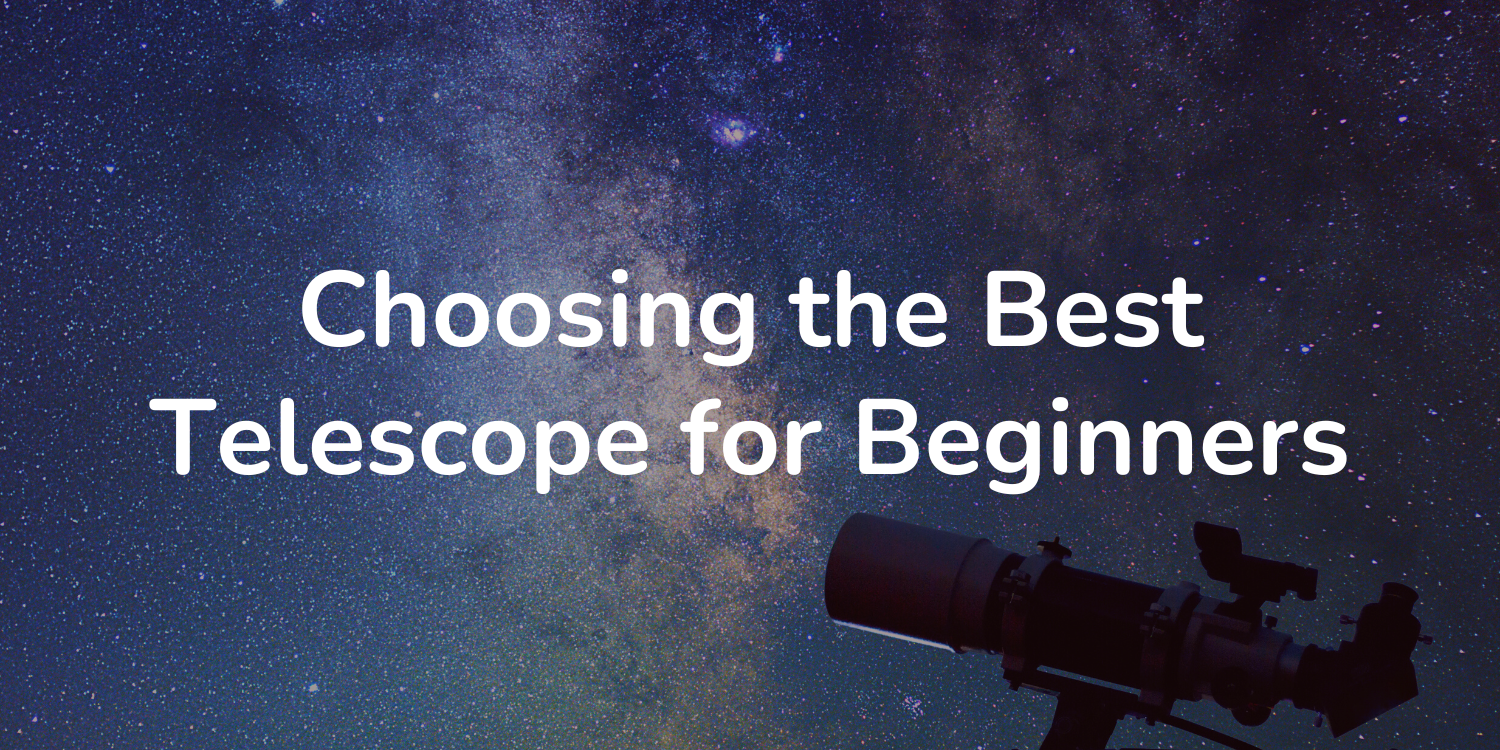Introduction
Are you fascinated by the wonders of the night sky? Do you dream of exploring distant galaxies, observing planets, or simply gazing at the moon? If so, you may be considering purchasing a telescope. However, with so many options available, choosing the right telescope for beginners can be a daunting task. In this blog post, we will guide you through the essential factors to consider when selecting your first telescope, ensuring that you make an informed decision and embark on a rewarding stargazing journey.
1. Understanding the Basics
Before diving into the world of telescopes, it’s important to understand the basics. Telescopes are optical instruments that allow you to observe distant objects in the sky. They come in various types, including refractor, reflector, and compound telescopes.
1.1 Refractor Telescopes
Refractor telescopes use lenses to gather and focus light. They are known for their durability and low maintenance. However, they tend to be more expensive and have a narrower field of view compared to other types.
1.2 Reflector Telescopes
Reflector telescopes use mirrors to gather and focus light. They are generally more affordable and offer a wider field of view. However, they require occasional maintenance to keep the mirrors aligned.
1.3 Compound Telescopes
Compound telescopes combine the features of refractor and reflector telescopes. They use a combination of lenses and mirrors to provide a compact design and a wide field of view. They are often more expensive but offer versatility.
2. Considerations for Beginners
When choosing a telescope as a beginner, there are several factors to consider:
2.1 Aperture
The aperture refers to the diameter of the telescope’s main optical component, which determines how much light it can gather. A larger aperture allows for better image quality and the ability to observe fainter objects. Beginners should aim for a telescope with at least a 70mm aperture.
2.2 Mount
The mount is the tripod or stand that holds the telescope. It should be stable and easy to use. Beginners often find altazimuth mounts, which allow for up and down and side to side movements, to be more user-friendly compared to equatorial mounts.
2.3 Portability
If you plan to take your telescope on the go, consider its portability. A lightweight and compact telescope will be easier to transport and set up, making it ideal for beginners who want to explore different locations for stargazing.
Summary

Choosing the right telescope as a beginner is crucial to ensure an enjoyable and successful stargazing experience. Here are some key points to remember:
- Consider your budget and set realistic expectations.
- Understand the different types of telescopes available, such as refractors, reflectors, and compound telescopes.
- Take into account the telescope’s aperture, which determines its light-gathering ability and overall image quality.
- Consider the telescope’s mount and stability, as well as its portability.
- Research additional accessories that may enhance your observing experience, such as eyepieces, filters, and star charts.
- Read reviews and seek advice from experienced astronomers or astronomy communities.
By carefully considering these factors and doing tho best site rough research, you can find a telescope that suits your needs and interests, allowing you to embark on a fascinating journey through the cosmos.
- Q: What factors should I consider when choosing a telescope for beginners?
- A: When choosing a telescope for beginners, consider factors such as budget, portability, ease of use, and the type of objects you want to observe.
- Q: What is the difference between refractor and reflector telescopes?
- A: Refractor telescopes use lenses to gather and focus light, while reflector telescopes use mirrors. Refractors are generally better for observing planets and the Moon, while reflectors are better for observing fainter objects like galaxies and nebulae.
- Q: How much should I spend on a beginner telescope?
- A: It depends on your budget and level of interest. There are good beginner telescopes available for around $200-$500, but you can also find more advanced options if you’re willing to spend more.
- Q: What is the best telescope for viewing planets?
- A: Refractor telescopes with a larger aperture are generally better for viewing planets. Look for telescopes with at least a 70mm aperture or larger.
- Q: Can I use a telescope for astrophotography?
- A: Yes, but not all telescopes are suitable for astrophotography. Look for telescopes with a sturdy mount, tracking capabilities, and the ability to attach a camera. Reflector telescopes are often a good choice for astrophotography.
- Q: Do I need any additional accessories for my telescope?
- A: Depending on your telescope, you may need additional accessories such as eyepieces, a tripod, a star finder, or filters. It’s best to research the specific requirements of your telescope model.

Hello wanderers, adventurers, and lovers of the great outdoors! I’m Anthony Coughlan, the heart and soul behind TerraWonders. If you’ve found your way here, it’s probably because you, like me, have an undying passion for travel, a penchant for luxury camping, or an affinity for embracing nature without compromising on comfort.

